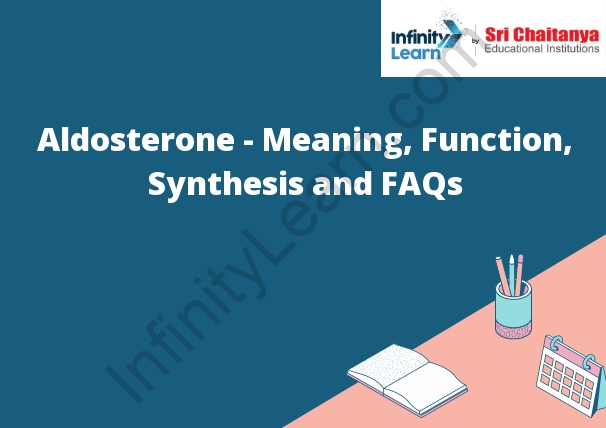Table of Contents
Aldosterone Hormone
Aldosterone is a hormone that is produced by the adrenal gland. It is responsible for regulating the water and salt balance in the body. It also helps to maintain blood pressure. When the body is low on salt, aldosterone is released to help the body retain salt. When the body has too much salt, aldosterone is released to help the body get rid of salt.

What is Aldosterone?
Aldosterone is a hormone that is produced by the adrenal glands. It helps to regulate the balance of salt and water in the body. It also helps to control blood pressure.
Aldosterone is a hormone that is produced by the adrenal gland. It is responsible for regulating the salt and water balance in the body. When the body is dehydrated, aldosterone signals the kidneys to retain water. When the body has too much salt, aldosterone signals the kidneys to excrete salt.
Aldosterone Function
Aldosterone is a hormone that is released by the adrenal gland in response to low blood pressure and dehydration. It increases blood pressure by causing the kidneys to retain salt and water. It also increases the amount of potassium in the blood by decreasing its excretion by the kidneys.
Aldosterone is a hormone that is produced by the adrenal gland. It is responsible for regulating the balance of sodium and potassium in the body. When aldosterone levels are high, the body retains sodium. This causes an increase in blood pressure. When aldosterone levels are low, the body excretes sodium. This causes a decrease in blood pressure.
Aldosterone Synthesis
Aldosterone is a hormone that is produced by the adrenal cortex. It is responsible for regulating the salt and water balance in the body. It does this by increasing the reabsorption of sodium ions and water in the kidneys. This increases the blood pressure and the amount of fluid in the body.
Aldosterone is produced from cholesterol. The cholesterol is converted into pregnenolone, which is then converted into progesterone. Progesterone is then converted into aldosterone.
Aldosterone is regulated by the renin-angiotensin-aldosterone system. The renin-angiotensin-aldosterone system is a system of hormones that regulates the blood pressure and the fluid balance in the body. The renin-angiotensin-aldosterone system is regulated by the amount of sodium ions in the blood.
When the blood pressure decreases, the renin-angiotensin-aldosterone system is activated. The renin-angiotensin-aldosterone system causes the release of aldosterone from the adrenal cortex. Aldosterone then increases the reabsorption of sodium ions and water in the kidneys, which increases the blood pressure and the amount of fluid in the body.







